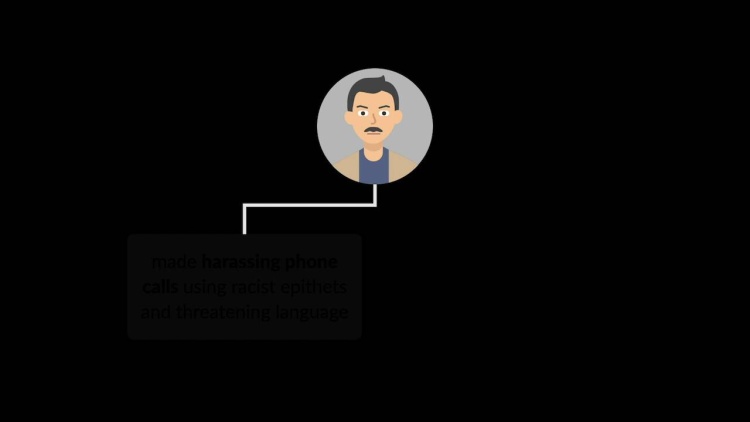Littlefield v. McGuffey
United States Court of Appeals for the Seventh Circuit
954 F.2d 1337 (1992)

- Written by Denise McGimsey, JD
Facts
On September 14, 1988, 23-year-old Susanne Littlefield (plaintiff) applied to rent an apartment from Malcolm McGuffey (defendant), who also went by multiple aliases. They agreed that the apartment would be occupied by Littlefield, her sister Sandra, and Littlefield’s two-year-old daughter Shaunte. They further agreed that McGuffey would put in new carpet for which Littlefield would pay the costs of installation. Between then and September 27, Littlefield, her family, and friends painted the apartment and moved some belongings into it. On September 27, Bruce Collins, who was Shaunte’s father, went with Shaunte to McGuffey to pay for the carpet installation. Collins was of a different race than Littlefield. When McGuffey met Collins, he became agitated and said that the apartment had been rented to someone else. McGuffey then called Littlefield at her work and told her that the apartment had been rented to someone else, that the locks had been changed, and that Littlefield’s belongings had been removed. Littlefield was scared, upset, physically ill, and embarrassed; she cried and left work early. After that day, McGuffey made multiple, harassing phone calls to Littlefield and her sister. The calls, in which he frequently pretended to be another person, were filled with racist epithets and other insults. McGuffey also left a note on the door of Littlefield’s new residence in which he threatened to kill Collins, using racist slurs. The incidents made Littlefield extremely fearful for herself and her daughter. She sued McGuffey for violations of the Equal Opportunity in Housing provision of the Civil Rights Act of 1866, the Fair Housing Act, and intentional infliction of emotional distress under Illinois law. At trial, McGuffey argued that he refused to rent to Littlefield not on the basis of race but rather because of her poor credit and rental history. McGuffey provided no evidence to back those claims. In contrast, Littlefield provided evidence that her credit was adequate, that McGuffey had not obtained it, and that she had been a good tenant in the past. A jury found in Littlefield’s favor and awarded her $50,000 in compensatory and $100,000 in punitive damages. The trial court awarded Littlefield attorney’s fees of $140,000. McGuffey appealed.
Rule of Law
Issue
Holding and Reasoning (Wood, J.)
What to do next…
Here's why 907,000 law students have relied on our case briefs:
- Written by law professors and practitioners, not other law students. 47,100 briefs, keyed to 996 casebooks. Top-notch customer support.
- The right amount of information, includes the facts, issues, rule of law, holding and reasoning, and any concurrences and dissents.
- Access in your classes, works on your mobile and tablet. Massive library of related video lessons and high quality multiple-choice questions.
- Easy to use, uniform format for every case brief. Written in plain English, not in legalese. Our briefs summarize and simplify; they don’t just repeat the court’s language.






